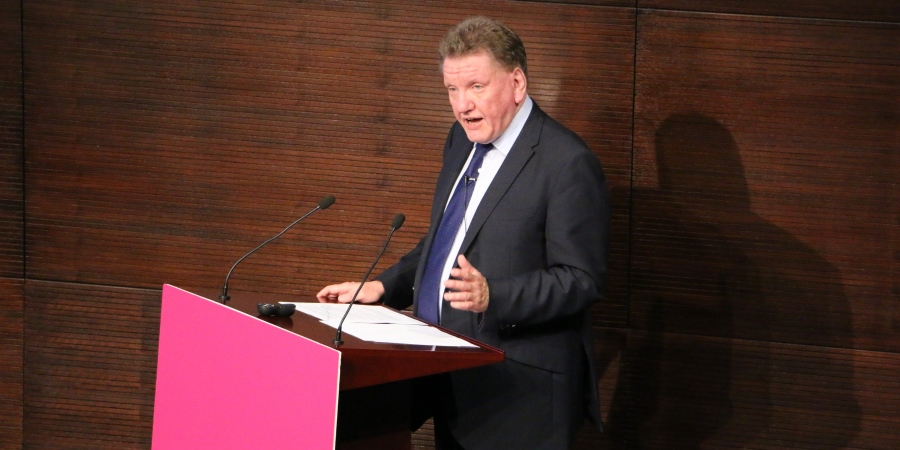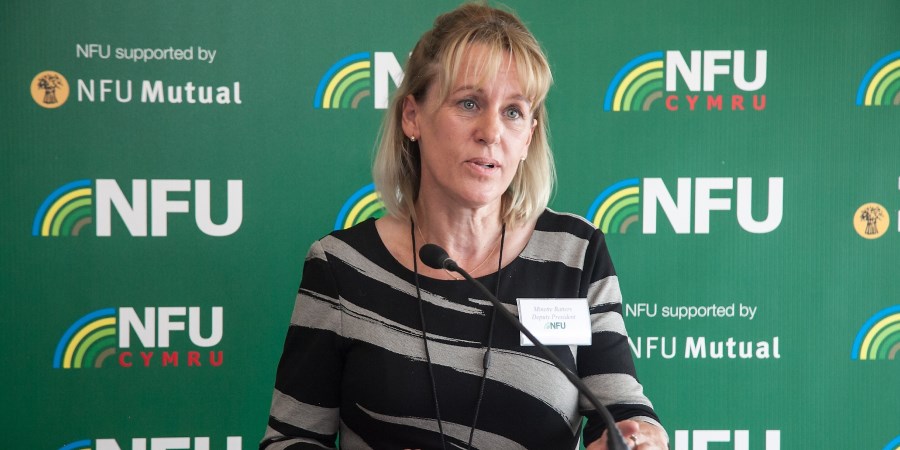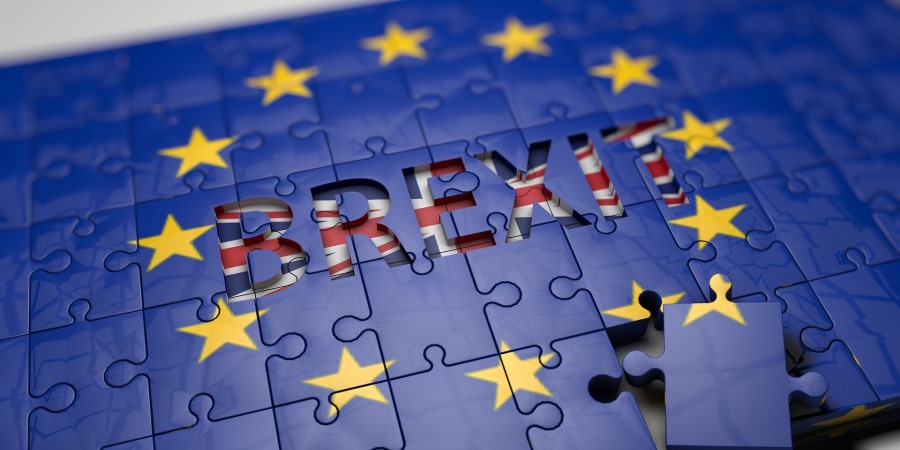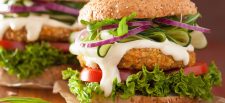An updated no-deal Brexit scenario list has been released, which includes information about food imports, food exports and producing and labelling.
In the newly released ‘No-Deal’ Technical Notices, The Department for Environment Food & Rural Affairs (Defra) has said a scenario in which the UK leaves the EU without agreement remains unlikely given the mutual interests of the UK and the EU in securing a negotiated outcome.
However, for two years, the Government has been implementing a programme of work to ensure the UK will be ready from day one in all scenarios, including a potential ‘no deal’ outcome in March 2019.
The aspects most relevant to the food industry are as follows:
Importing animals and animal products if there’s no Brexit deal
The EU will not allow the UK to access the EU import notification system, TRACES.
To ensure those involved in importing live animals, animal products and high-risk food and feed could continue to do so, a new import notification system is being developed to take the place of TRACES.
The new system will be available for early testing in January 2019 and would be fully operational for all users from the day the UK leaves the EU.
There would be no change on the day the UK leaves the EU to current import controls or requirements for notifications of imports of live animals and animal products for imports direct from the EU
Click here for more information.
Exporting animals and animal products if there’s no Brexit deal
Export Health Certificates (EHCs) would be required for exports of all animal products and live animals from the UK to the EU.
Consignments would need to travel through a Border Inspection Post (BIP) within the EU.
EHCs would need to be signed by an Official Veterinarian or authorised signatory following inspection of the consignment.
The EU would require the UK to be a listed third country.
Defra say in the unlikely event of a ‘no deal’ scenario, the UK would apply for this status but cannot be certain of the EU response or its timing.
Without listed status no exports to the EU could take place.
Click here for more information.
Producing and labelling food if there’s no Brexit deal
Some changes would be required to reflect the fact that the UK will no longer be a member of the EU.
Use of the term ‘EU’ in origin labelling would no longer be correct for food or ingredients from the UK.
Some products will require further changes. For example, labels of honey blends from more than one country referring to the EU would be replaced with more appropriate terminology.
From April 2020, the country of origin or place of provenance of the primary ingredient of a food (where different to that given for the food overall) will be required on labels as part of EU rules on food labelling.
The Government may seek views on whether similar national rules would be appropriate in the UK when EU rules no longer apply.
Click here for more information.
Producing food products protected by a ‘geographical indication’ if there’s no Brexit deal
There are two issues for UK producers of geographical indication (GI) products to consider.
The first is the use of a new UK logo on products marketed in the UK, followed by the preparation of an application for GI status in the EU.
It expects to introduce a new UK logo for GI products to replace the EU logo, whether or not the UK leaves the EU with a withdrawal agreement.
After leaving the EU, Defra anticipates that all current UK GIs will continue to be protected by the EU’s GI schemes.
If this is not the case, UK producers wishing to regain the protection offered by EU GI status, and the right to use the EU GI logo, would need to submit their applications to the European Commission as ‘third country’ producers.
Click here for more information.
What does the food industry make of the Technical Notices?
Ian Wright CBE, Food and Drink Federation chief executive, said: “The Technical Notices lay bare the grisly prospect of a ‘no-deal’ Brexit.

FDF chief executive Ian Wright CBE.
“We face chaos at the ports, serious disruption to food supplies, increasing business costs, rising consumer prices and ever more administrative burdens on the food and drink industry.
“UK food and drink manufacturers will need to make immediate and costly changes to product labelling to remove references to the EU in origin labelling.
“Additionally, a product labelled with a UK Food Business Operator’s name and address would no longer be able to be sold in EU markets, however this would be mandatory for products sold in the UK.
“While the UK may not run out of food and drink it will certainly be scarcer and more expensive. UK shoppers, who have become accustomed to year-round availability of a wide range of safe, high-quality food and drink at all price points, will face a very rude awakening.
“Our politicians act as if they have six more months to conclude a withdrawal agreement. In fact, today’s official confirmation of just how bad this scenario would be is bound to encourage businesses and shoppers to consider.
“Instead of lecturing the EU, the Government must secure a withdrawal agreement imminently or begin the arrangements to extend the Article 50 deadline so that they can do so in an orderly fashion.”

NFU president Minette Batters.
National Farmers’ Union president Minette Batters said: “These technical notices confirm in black and white what we already knew: a no deal scenario would be catastrophic for British agriculture.
“A scenario where farmers face an immediate trade embargo for many of their products would have devastating effects, and would severely threaten livelihoods and businesses.
“While these notices are an essential part of Government planning, it is crucial that the Government does as much as possible to avoid disruption for farm businesses in all outcomes. We urge everyone in the negotiations to work to achieve a deal that delivers free and frictionless trade between the UK and the EU.
“The NFU has been clear that its priority is achieving this essential trading relationship with the EU, its largest trading partner, and we will continue to engage with the UK Government to reiterate the strategic importance of British food and farming to the country.”









